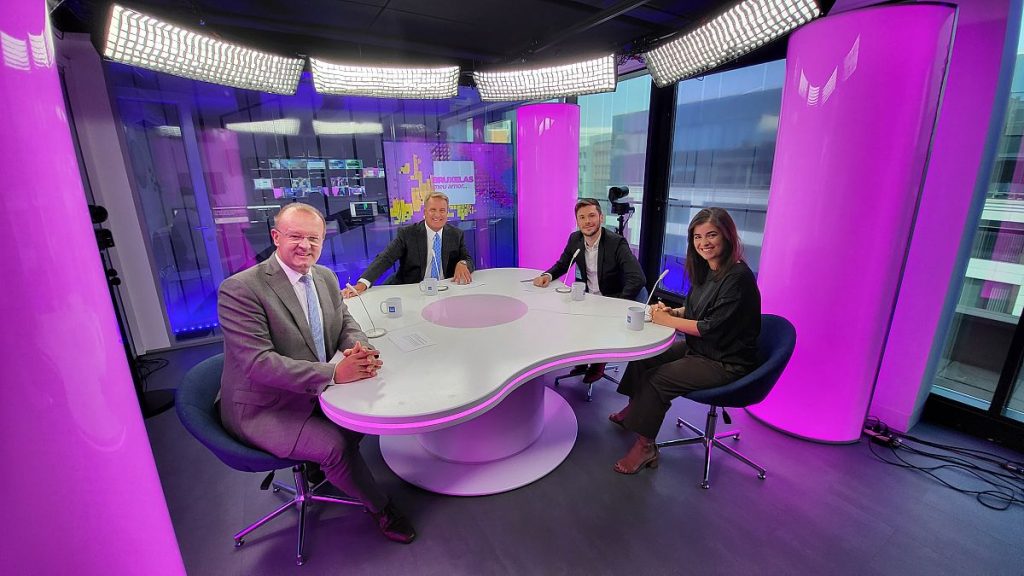This week’s edition of a talk show focused on three main topics: the political stalemate in France, the fallout of a recent terrorist attack in Germany, and the start of the Paralympics in Paris. In France, there has been a standstill in the formation of a new government following the recent general elections. President Macron’s talks with political parties have failed to yield any progress, leaving the country in a state of paralysis. This political gridlock not only affects decision-making within France but also has implications for the rest of Europe. The political class in France is struggling to find a way out of the deadlock, with Macron’s leadership abilities coming into question.
The mass stabbing by a rejected Syrian asylum seeker in Solingen, Germany, has sparked shock and anger in the country. Chancellor Olaf Scholz is under pressure to take a tougher stance on immigration, as right-wing groups exploit the attack for political gains. Despite this, the EU Commission is standing by the Schengen Area, a symbol of European integration allowing passport-free travel for 450 million citizens. The attack in Germany has reignited debates on immigration policies and security measures, highlighting the complex challenges faced by European countries in balancing security with human rights.
The Paralympic Games in Paris have kicked off with 4400 athletes from 128 countries competing in various events. The Games provide a platform for athletes with physical or cognitive disabilities to showcase their talents and inspire others. However, the discussion raised the question of whether the Paralympics can truly bring about social change for disabled individuals or if it is merely a temporary feel-good moment. The focus on compassion and understanding during the Games may not necessarily translate into long-term improvements for disabled individuals in society. The panel pondered on the lessons that can be learned from the Paralympics and the importance of inclusivity and support for disabled individuals.
The political situation in France has caused concerns within the European Union, with the country at risk of becoming “the sick man of Europe”. The failure to form a new government and the ongoing political deadlock have raised questions about Macron’s leadership and the future direction of France. With no solid majority coalition in sight and tensions between political parties, the country’s stability is at stake. Macron’s refusal to appoint a prime minister from the left-wing alliance that won the most parliamentary seats has added to the uncertainty and division within French politics, further complicating the path towards forming a new government.
The recent terrorist attack in Germany has once again raised debates on immigration policies and security measures, with right-wing groups exploiting the tragedy for their own agendas. Chancellor Scholz is under pressure to take a tougher stance on immigration, despite the EU Commission’s defense of the Schengen Area. The attack has highlighted the challenges faced by European countries in balancing security concerns with human rights and the need for a coordinated approach to address the root causes of terrorism. The panel discussion emphasized the importance of maintaining unity and solidarity within the EU in the face of increasing threats and challenges.
In conclusion, the topics of the political stalemate in France, the fallout of the terrorist attack in Germany, and the start of the Paralympics in Paris reflect the complex and interconnected issues facing Europe today. The discussions highlighted the need for effective leadership, cooperation, and inclusivity to address political challenges, security threats, and social issues. The events in France and Germany have underscored the fragility of democracy and the importance of upholding human rights, while the Paralympics serve as a reminder of the resilience and strength of individuals with disabilities. As Europe navigates through these turbulent times, the panel emphasized the importance of unity, compassion, and understanding in building a more inclusive and equitable society for all.


